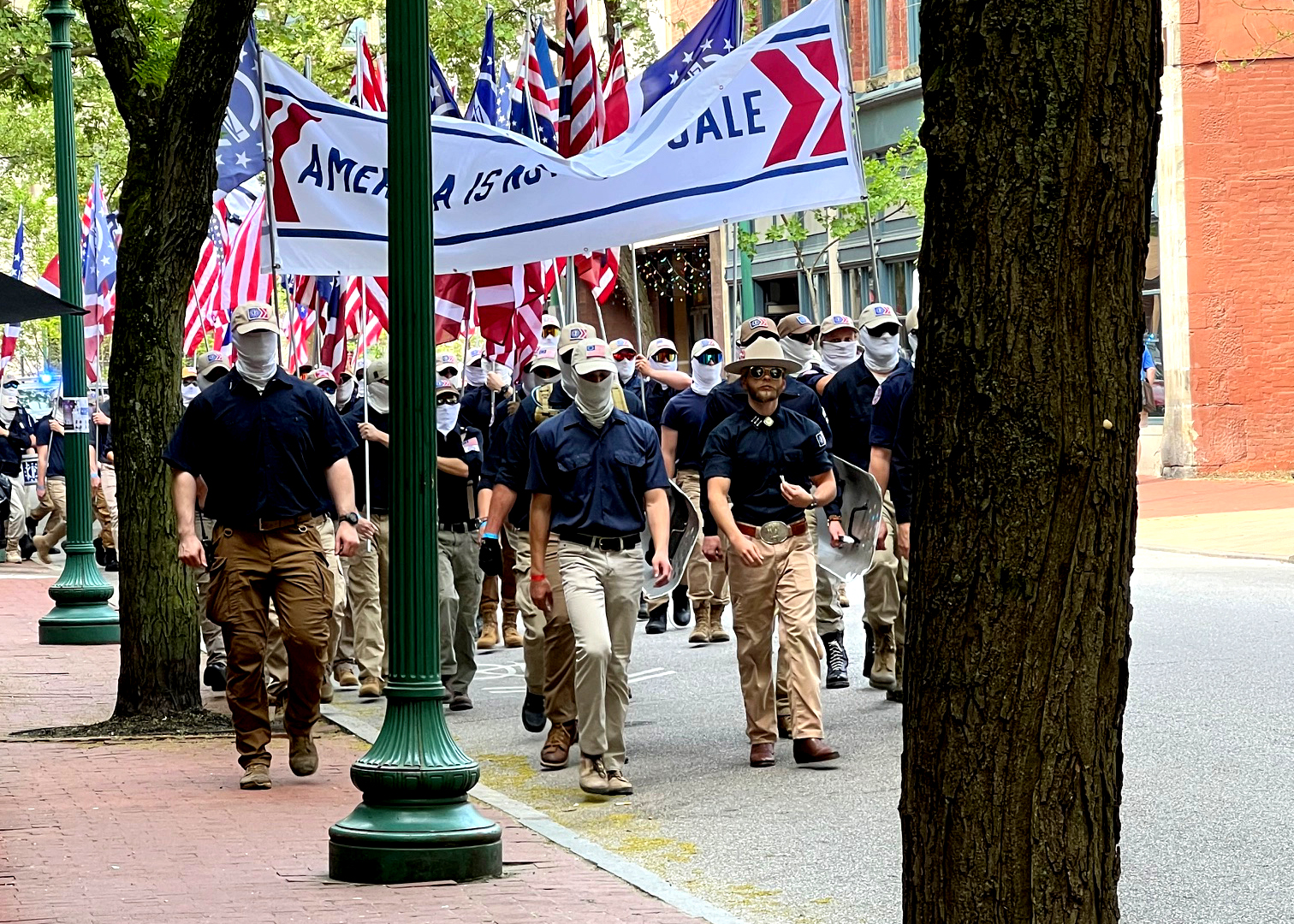Spotty internet access has long proven an issue for the mountainsides of West Virginia.
In 2023, more than 300,000 households across the state were unserved or underserved by broadband coverage. This month, the Federal Communications Commission (FCC) found that coverage in the Mountain State ranks second-worst nationally, besting only Alaska.
But a new federal grant aims to address current gaps in coverage, ensuring that every household can receive broadband internet services.
On Thursday, the National Telecommunications and Information Administration (NTIA) granted West Virginia more than $1.21 billion for high-speed internet services based on a plan first announced in 2023.
The funding comes from the $42.45 billion Broadband Equity, Access, and Deployment (BEAD) program — part of the Infrastructure Investment and Jobs Act that President Joe Biden signed into effect in 2021.
These funds will go toward the creation of new broadband internet infrastructure in regions with low internet download and upload speeds.
West Virginia residents can anticipate improvements to their internet services between one-and-a-half and five years after funds are distributed, according to Evan Feinman, BEAD program director.
Specific timelines vary from region to region based on “proximity to existing infrastructure,” he said during a virtual press briefing Thursday.
State grants were determined based on current broadband coverage needs, and were finalized through a collaboration between state and federal officials, Feinman said.
This meant coordinating with the West Virginia Department of Economic Development’s Office of Broadband.
After an initial figure for the state’s grant was set by NTIA in 2023, state officials had to develop specific plans for how grant dollars would be spent, according to Kelly Collins Workman, the office’s director.
This included crafting a five-year plan for how improvements would be implemented, plus strategies for promoting digital equity across the state, she said.
When the “historic opportunity” to participate in the BEAD program came along, Collins Workman said her office “poured our heart and soul” into the application process “to secure $1.2 billion for our state.”
“We jumped in with both feet,” she said. “We worked as hard as we could, as fast as we could.”
Mitch Carmichael, cabinet secretary for the department, said the collaboration was crucial to expanding economic resources for West Virginians.
“When we connect people in every corner of our state — and every hill and every valley and every region — the world becomes a better place,” he said.
Carmichael emphasized that changes provided by the program would be sweeping. “This program will reach every address. Every single address,” he said.
The BEAD grant comes during a particularly tenuous moment for affordable internet services nationally, as funding for a federal internet subsidy program used widely in West Virginia is set to lapse this month.
Since 2021, the FCC has provided broadband internet subsidies to low-income households nationwide through the Affordable Connectivity Program (ACP).
More than 127,000 West Virginia households rely on the program for support. But a renewal of the program’s funding has failed to receive bipartisan support in Congress, despite pushes from Democratic lawmakers.
Feinman said ACP’s goals differ from those of the BEAD program. Where ACP provides households financial support to afford internet services, BEAD creates infrastructure so that it is possible to access the internet in the first place.
Still, Feinman said the two programs have overlapping missions, and that NTIA officials were “disappointed” by the program’s imminent expiration.
“A kid who grows up in a house with a reliable internet connection has a higher GPA, [and is] more likely to go to postsecondary education,” he said. “Elderly folks can age in place safely. There’s such tremendous benefits to having folks get online.”
Feinman said that the existence of subsidy programs like ACP gave way to the development of new broadband infrastructure programs like BEAD.
With more residents able to afford internet services, companies were encouraged to spread their infrastructure projects nationally, he said. This includes the rural and low-income communities targeted by programs like BEAD.
“The program going away is going to make it more expensive to build these networks,” Feinman said. “That said, we are still going to be able to get them to every single West Virginia home and business.”
While ACP’s renewal struggled to receive bipartisan support on the Senate floor, state officials’ praise for the BEAD program stretched across the aisle.
Sen. Joe Manchin, D-W.Va., said that the BEAD program has provided important resources to residents across West Virginia. In a Thursday statement, he renewed his commitment to ensuring the state can “deliver broadband service to every West Virginia family and business.”
Likewise, Sen. Shelley Moore Capito, R-W.Va., said in a Thursday statement that the new grant would “better connect homes, businesses and classrooms across the state.”
“While there is still a long road ahead to getting more West Virginians connected, we are well on our way,” she said.
